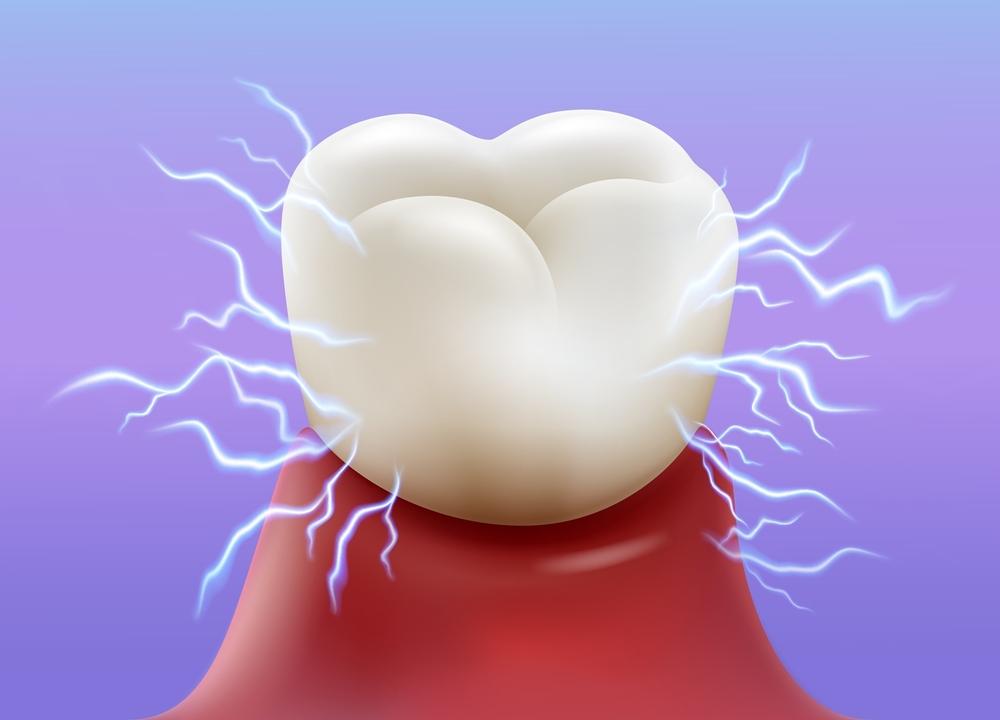Sensitive Tooth Weeks After Filling – What’s Normal and When to Worry

So, it’s been a few weeks since your dental filling — and that tooth? Still feels touchy. Every time something cold, hot, or sweet touches it, there’s that zap of discomfort. Not painful enough to call it a crisis, but just enough to make you wonder… is this normal?
At Neo Dental Care in Noida, we’ve seen this kind of situation plenty of times. Led by Dr. Suhrab Singh, a seasoned Endodontist and Implantologist who’s performed over 15,000 root canals, we’re all about helping patients understand what their teeth are trying to tell them.
The good news? Some sensitivity is totally normal after a filling. The not-so-good news? If it hangs around for too long, it could be a red flag.
Noticing tooth discomfort that just won’t quit? Let’s get to the bottom of it book a check-up today.
Let’s talk about why your tooth might still be sensitive weeks after a filling — and what you can do about it.
What Are the Possible Causes of Prolonged Sensitivity After a Filling?
Now we’re getting into it.
There’s a bunch of reasons a filling might cause ongoing sensitivity — some minor, others needing attention. Here’s what might be behind that lingering twinge:
- High Filling or Bite Misalignment:
If your filling’s even a fraction too high, it can create uneven pressure, leading to inflammation and discomfort every time you chew. - Deep Cavity Close to the Nerve:
If the decay was extensive, your tooth’s nerve might still be irritated — and that can take a little longer to calm down. - Filling Material Sensitivity:
Some people react more to certain materials — especially metal or composites. This can trigger low-grade discomfort that lingers. - Tiny Cracks or Leaks Around the Filling:
Not every seal is perfect. If there’s a micro-gap, cold air or liquids can sneak in and stir up trouble. - Pulpitis or Nerve Damage:
If the nerve got too irritated — or was already inflamed — the sensitivity might stick around until the pulp heals (or needs treatment).not all tooth sensitivity after filling is created equal. Some of it’s just your tooth adjusting. Other times? It’s your body asking for a follow-up.
How Can I Manage or Reduce Tooth Sensitivity at Home After a Filling?
Let’s keep things simple.
If the discomfort mild, and you’re within that 2–3 week window, there are a few ways to dial down the sensitivity:
- Switch to Desensitizing Toothpaste:
Look for one with potassium nitrate. It helps calm the nerves inside the tooth. You’ll need to use it regularly to see results. - Cut Back on Extremes:
Very cold, hot, or sweet foods? Not your friends right now. Stick to lukewarm meals and beverages until things settle. - Use a Soft-Bristled Brush:
Brushing too hard can irritate your gums and make sensitivity worse. Go easy — small circles, light pressure. - Fluoride Rinse:
Strengthens enamel and helps protect exposed dentin. - OTC Pain Relief:
Ibuprofen or acetaminophen can help if things get uncomfortable. - Saltwater Rinse:
Classic and effective. It soothes gum tissue and keeps the area clean.
These small adjustments can make a big difference — but if nothing’s changing after a few weeks, it’s time to get it checked out.
Tried everything but still feeling that zing? Let’s fix it schedule your appointment today.
When Should I Return to the Dentist if the Sensitivity Doesn’t Improve?

So, when is it officially “too long”?
If you’re still dealing with a sensitive tooth weeks after filling, here’s when to head back to the dentist:
- You can’t chew comfortably
- The pain is getting worse, not better
- You notice swelling, redness, or a strange taste in your mouth
- Hot/cold sensitivity turns into full-on ache
- You’ve got visible cracks or your bite feels “off”
At Neo Dental Care, Dr. Suhrab Singh uses precision tools to spot what’s wrong — whether it’s an adjustment, an infection, or a nerve issue.
Waiting too long can make things worse. So, if your gut’s telling you something’s not right — listen to it.
Conclusion
A little sensitivity after a dental filling? Totally normal. But if it’s been a few weeks and that discomfort hasn’t budged — or it’s getting worse — don’t brush it off (pun intended).
Persistent tooth sensitivity after filling might be a sign of a deeper issue. And while some cases resolve on their own, others need expert eyes.
At Neo Dental Care, you’re in the hands of one of Noida’s most trusted professionals. With Dr. Suhrab Singh’s deep experience in sensitive tooth treatment, you’ll get clarity, comfort, and the right care — fast.
Still feeling that sting? Book a personalized consultation and find out what your tooth is really trying to tell you.
Frequently Asked Questions
Some lingering sensitivity is normal — but actual pain after 2–3 weeks should be checked out.
Yes. Especially if the cavity was deep, or the bite isn’t aligned quite right.
Most teeth settle within two weeks. Anything beyond that warrants a follow-up.
Unfortunately, no. Ignoring it might lead to nerve damage or infection. Early treatment = easier solution.
Composite (white) fillings tend to be more reactive at first, but symptoms usually fade. Metal fillings can also cause issues in rare cases.
Not sure what’s normal and what’s not? Let’s figure it out together
References:
- Verywell Health. “Tooth Sensitivity After Fillings: What’s Normal and What’s Not.” Available at: https://www.verywellhealth.com/tooth-sensitivity-after-fillings-1059322
- Cleveland Clinic. “Dental Fillings: Purpose, Procedure, Types, Recovery.” Available at: https://my.clevelandclinic.org/health/treatments/10934-dental-fillings
